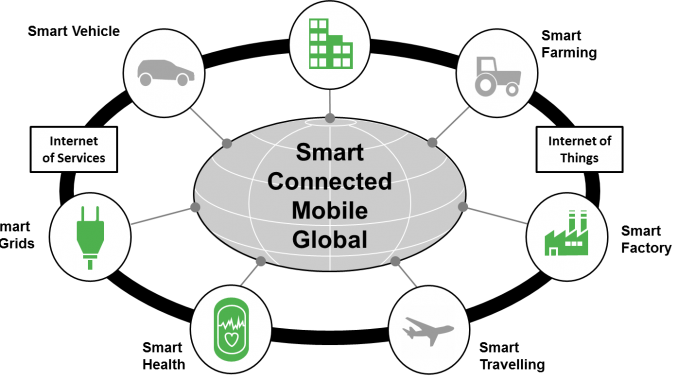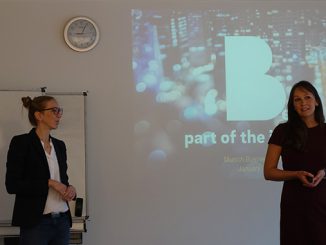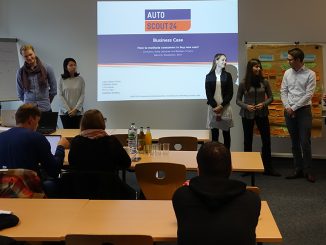
Nothing stands for mobility as much as vehicles do with their wide range of applications on the ground, in the air and across the sea. Since decades, it has been common sense that companies who produce and sell vehicles have developed stable industrial architectures and business models.
It is now believed that the ‘Internet of Things’ and connected vehicles will lead to new, convergent markets. The rapid innovation speed of the technology in all aspects of connectivity continuously triggers new business opportunities. However, many of these technologies are driven by digital economy companies such as consumer electronics, semi-conductors or web-based service providers. This raises the question how existing and new players will capture those business opportunities raised by the increasing interconnectivity of vehicles of all kinds.
What kind of added value do connected vehicles provide for suppliers and users?
Still, a large number of research questions need to be answered in the context of connected vehicles: What kind of added value do connected vehicles provide for users? Is there a profitable growth potential for companies offering web-based mobility services? What are the drivers of connected vehicles, what are the entry barriers? What kind of key technologies will be established? How will connected vehicles be integrated into other smart ecosystems of the ‘Internet of Things’ (see figure above)?
As stated by many researchers and also supported by real life experience, innovation in complex environments is largely driven by structured and future-oriented concepts as well as continuous learning as well as trial and error approaches. What is needed is an environment that allows to ask, propose, design and test ideas and opportunities comprehensively. Vital is to bring the user/ customer in the center of innovation measures.
Innovation needs a space that is governed by trust and mutual support. It is also well understood that economic objectives will eventually take over during commercialization.
A lab is needed to bring together science, the body of entrepreneurs, industry and services to jointly establish a comprehensive learning and communication platform for all aspects in times of change. Munich Business School (MBS) has now established such a platform: The Munich Business School Connected Vehicle Lab.
The Munich Business School Connected Vehicle Lab
The MBS Connected Vehicle Lab is a research and learning institution. The lab is driven by a core team of academia and industry participants and is based on trust and positive engagement. Students and their education is a core aspect of the MBS Connected Vehicle Lab; other forms of education like executive training may also be possible. The Lab also follows the principle of ‘Open Innovation’; didactically, the principle of ‘Action Learning’ and ‘Case Based Research’ shall be applied; methodologically, agile management approaches such as ‘Innovation Scrum’ or ‘Lean Start-up’ shall govern all activities. Additionally, the MBS Connected Vehicle Lab has the objective to contribute by creating transparency about connected vehicle concepts, by developing scenarios and roadmaps for future connected vehicle development and to define action areas and solutions for industrial partners.
The MBS Connected Vehicle Lab was established by Prof. Dr. Hans H. Jung (Vice Dean Research Munich Business School, Senior Manager UNITY AG) and Dipl.Eng. M.Eng. Robert Diab, MBA (BMW Group, Lecturer Hochschule München). Additional founding members are Boris Danne (AutoScout24), Justus E. Eggers (AGCO GmbH) and Dr. Eng. Alexander Suhm (Lecturer Munich Business School, Partner UNITY AG).
The MBS Connected Vehicle Lab has already launched its first projects. Two lab research fields deal with connected vehicles for Vertical Farming in Megacities and End-to-End Mobility Business Models for various product and service providesr.
The Munich Business School Connected Vehicle Lab was introduced during a roundtable event of the Bundesverband Digitale Wirtschaft (the German Federal Association for Digital Economy) in Munich. Further presentations are planned such as an innovation day on February 18th, 2016.




